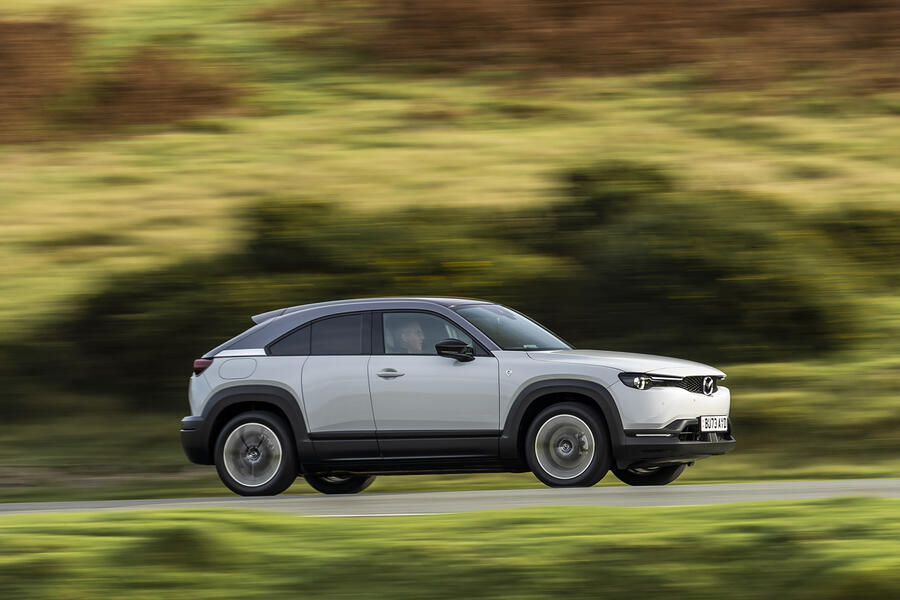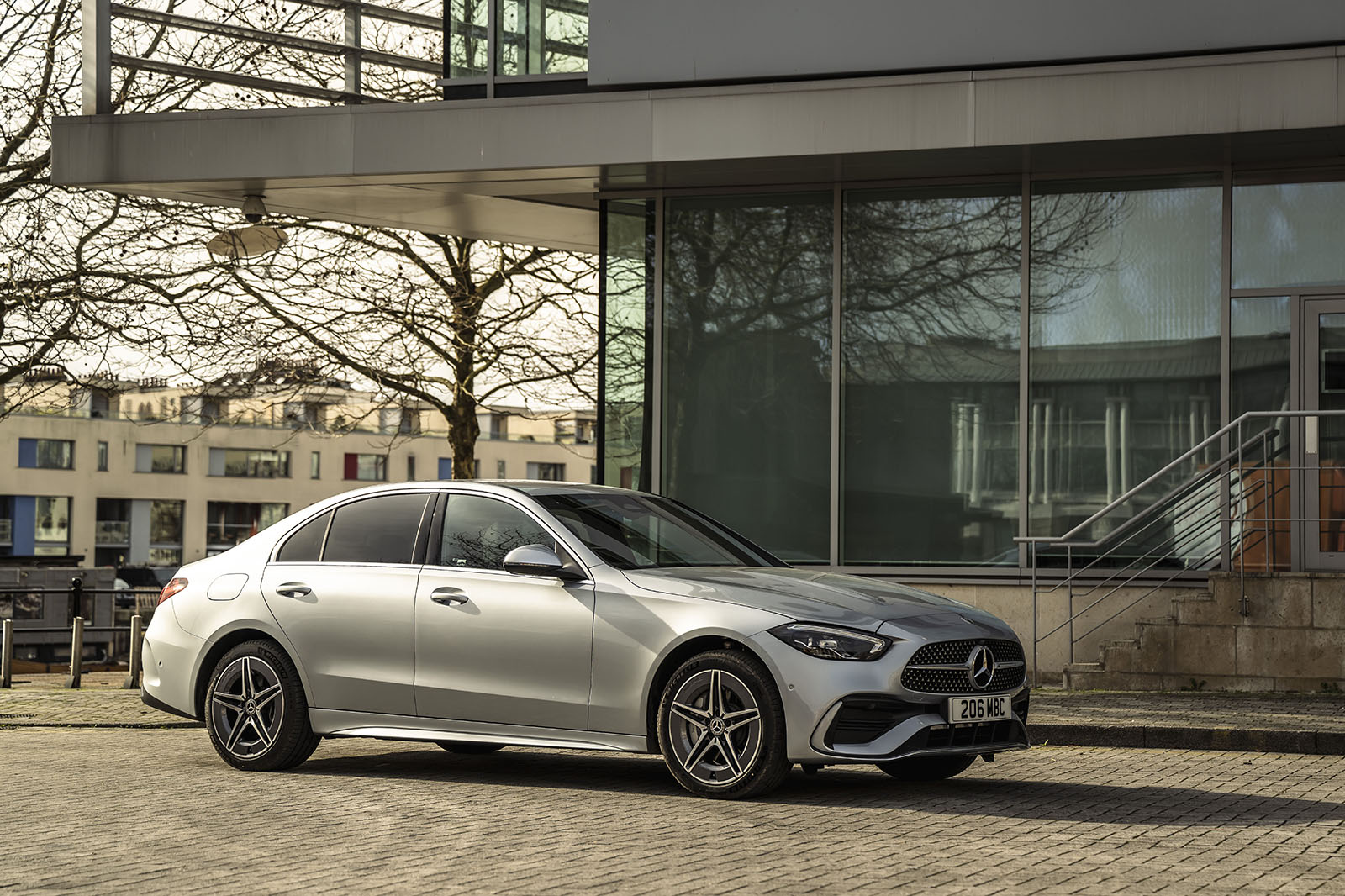Speaking of trends, the C-HR was designed to tap into growing demand for crossovers. Launched in 2016, the eye-catching crossover hatchback did well in its first model generation – and has just been newed in a second-generation form that builds its kerbside appeal to an even finer point, and also broadens its range. So, in addition to 1.8- and 2.0-litre ‘self-charging’ hybrid options, there’s a new 2.0-litre PHEV with a little more power than its range-mates, and just enough electric range to hit an 8% BIK tax bracket.
The C-HR has even more impactful styling in this generation, but its size and its dynamism continue as they were. The car splits the difference between B- an C-segment crossovers (or Ford Puma size and Nissan Qashqai size) and so its rear cabin and boot aren’t huge – but it does carry itself well, and can be both refined and engaging to drive on a decent stretch of road.
The hybrid powertrain at the car’s heart is never the primary source of any enjoyment you’re likely to have at the wheel, but the C-HR offers enough wider appeal to stand out in any case.
Read our Toyota C-HR review
8. Mazda MX-30 R-EV

Pros: Upmarket interior, smart styling, sharp steering, quirky mechanical character
Cons: electric-only version might be smarter for short-range hopping and definitely rides and handles better
Mazda has never been afraid to do things its own way, and the approach it took with its first all-electric car – the MX-30 – was no different. How many quirky things have we known Mazda for over the years? Rear-hinged ‘suicide’ side doors? Rotary engines? Well, now that the MX-30 is here in range-extender plug-in hybrid form, it ticks both boxes.
Toy-car looks are, in the all-electric version’s case, wrapped around an unusually small battery pack – just 35.5kWh, giving an official range of 124 miles. If you need more, the R-EV version adds an 830cc rotary engine up front and a 50-litre petrol tank, although it cuts the size of the EV’s drive battery roughly in half. That makes for a combined real-world range of around 400 miles, even if the electric-only range is pegged at 53 miles.

